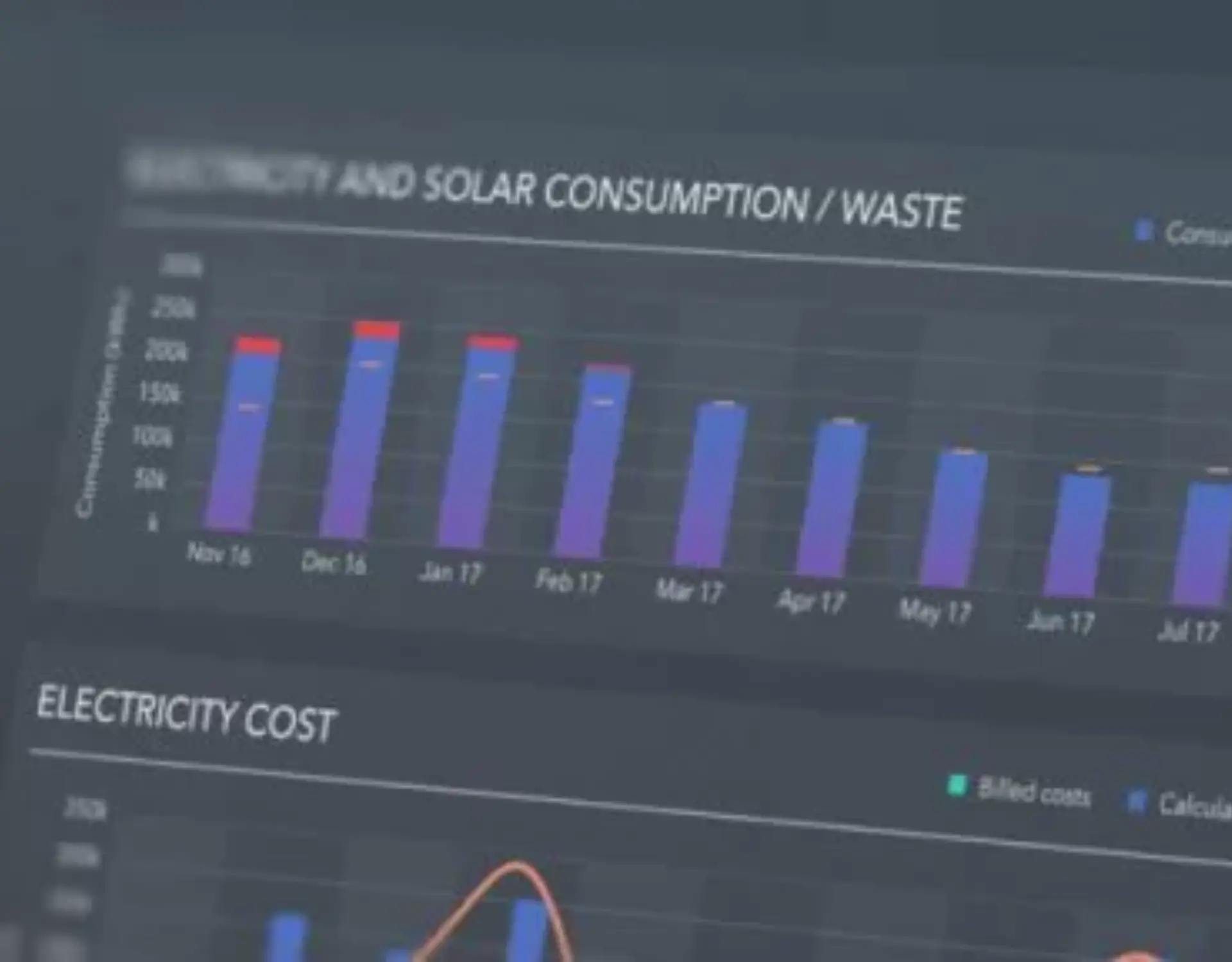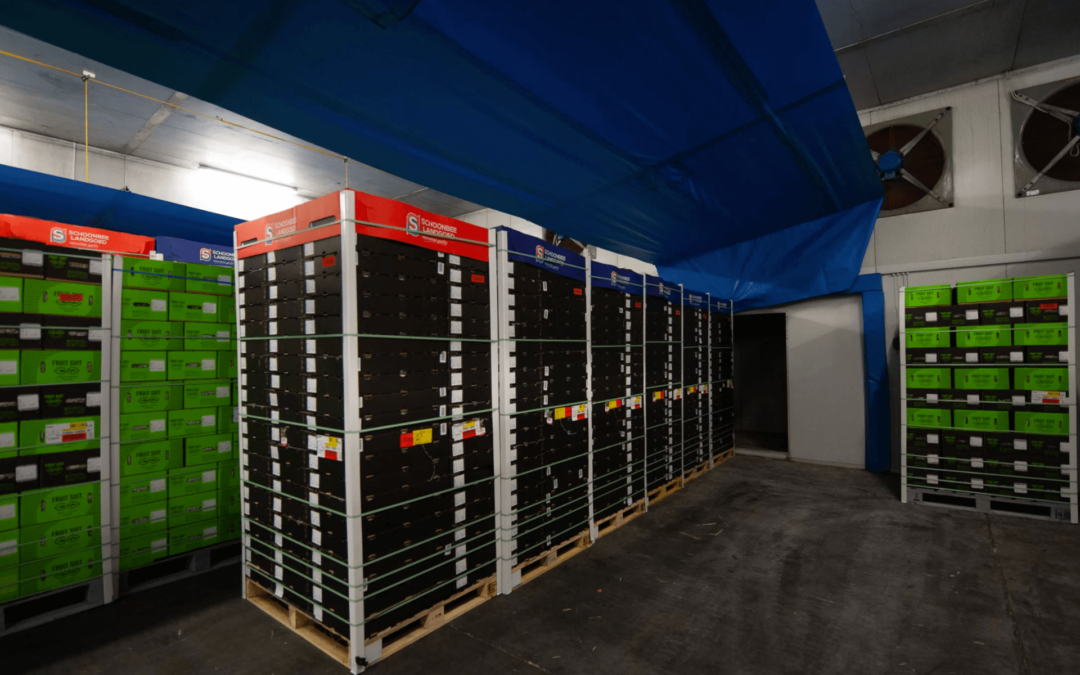South African businesses are placing greater importance on not only reducing their energy consumption, but also communicating their energy-saving abilities to the world.
This is according to Mila Vicquery, Head of Energy Reporting at Energy Partners Intelligence – a division of Energy Partners and part of the PSG group of companies – who says that many of South Africa’s large companies have put robust energy saving strategies in place, which include energy efficiency measures as well as renewable power generation. “From what we have witnessed, an increasing number of these businesses have now also started to look for ways to monitor their energy consumption more comprehensively, in order to better present this information to the public.”
She adds that these companies can indeed benefit from being able to show how well their energy saving initiatives are performing. “Just looking at our own clients, we have seen organisations make massive strides that are worth showcasing to investors and stakeholders. To name a few, one of our clients in the healthcare industry has managed to save on their energy spend by R220 million so far, and another in the food retail industry has reached accumulated energy savings of around R1.8 billion. Companies that can show their efforts to reduce operating costs and expand on their profit margins in this way, make themselves much more attractive to investors for potential partnerships.”
While many energy consultants and service providers are able to monitor an organisation’s energy use across all of their locations, Vicquery says that presenting this data still has some challenges. “Sifting through the vast amounts of data gathered while monitoring an organisation’s energy consumption, and reworking the information in a format that give clients the most comprehensive overview takes time. This is why the industry standard is to simply provide monthly or quarterly reports to clients, that will address their exact sustainability, environmental or utility management needs.
“It is substantially more difficult to devise a platform that collates and presents all of the relevant information into a reader-friendly format in real time. It is however, what more and more of our clients have begun to ask for.”
In response to this demand, Vicquery says that Energy Partners Intelligence has developed a utility management platform that can display an organisation’s energy-related data in real time, and in a manner that is easy to understand. “After a lot of research, we developed a utility management tool that we named GLO. It is a web- and mobile-based utility management software designed for real-time metering and data collection, optimising asset performance, and ensuring energy compliance, among other functions.”
In addition to this, the team also developed GLO to be visually presentable and “wow” all clients’ stakeholders e.g. investors, employees, customers, board members, suppliers etc. “The result is that any organisation that is monitoring its energy consumption and generation, can now display the GLO energy management tool on their own website, or on screens in their foyers to show the public how well their energy saving strategies are working.”
With businesses increasingly working towards greater transparency and accessibility, being able to show how an organisation can cut down on its operating costs is becoming more valuable. “In an era of continuous Eskom increases, utility management is important and well-structured programme to yield impressive results and potentially half clients’ utility cost by implementing various energy saving measures and interventions. After embarking on such an energy efficiency journey, organisations need to start showing off their successes in this regard,” Vicquery concludes.





